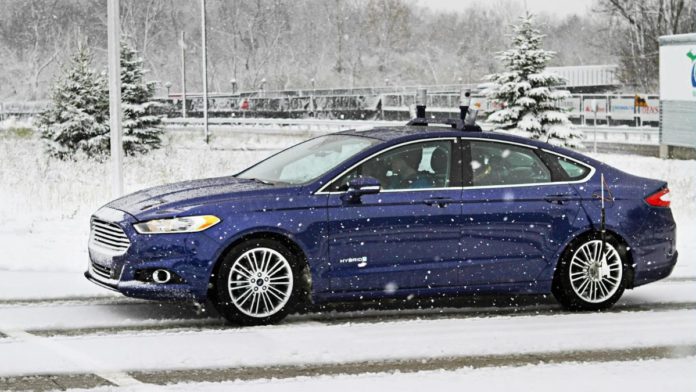In collaboration with colleagues from Bogazici University, researchers at Oxford University’s Department of Computer Science have created a novel artificial intelligence (AI) system that allows autonomous vehicles (AVs) to achieve more reliable and safer navigation capability, especially under adverse weather conditions.
Yasin Almalioglu, a part of the research team, said that AVs’ difficulty in achieving precise positioning during challenging adverse weather is a significant reason why these have been limited to relatively small-scale trials. For example, weather such as snow or rain may lead to an AV detecting itself in the wrong lane before a turn or stopping too late at an intersection because of imperfect positioning.
To overcome this issue, Almalioglu and his colleagues developed a new, self-supervised deep learning model for ego-motion estimation, which is a crucial component of an AV’s driving system. It estimates the car’s moving position relative to objects observed from the car itself.
Read More: Zuckerberg Announces PyTorch Foundation To Accelerate Progress In AI Research
The model brought together highly detailed information from visual sensors (which can be distorted by adverse conditions with data from weather-immune sources, so that the benefits of each of them can be used under various weather conditions.
The model was trained with the help of several publicly available AV datasets, which included data from multiple sensors such as radar, cameras, and lidar under diverse settings, including variable darkness/light and precipitation. These were used to generate algorithms to rebuild scene geometry and evaluate the car’s position from novel data.
The researchers proved that the model showed robust all-weather performance under various test situations, including conditions fog, rain or snow during both day and night. The team anticipates that this work will bring AVs one step closer to safe and smooth all-weather autonomous driving and, ultimately, a broader use within societies.


